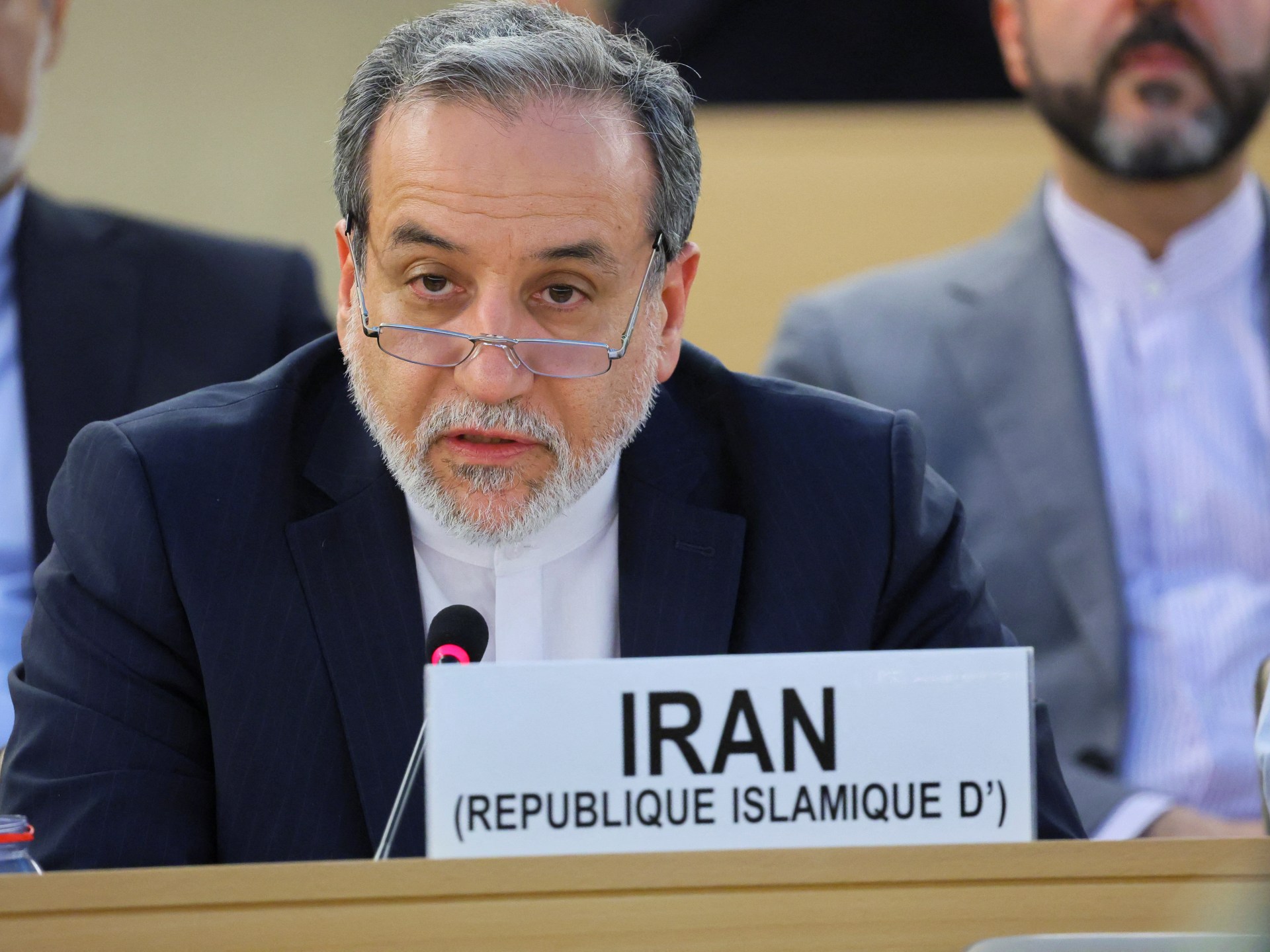The G7’s foreign ministers issued a statement calling for dialogue on a deal to end Iran’s nuclear program on Monday, following Araghchi’s comments on CBS Evening News.
Israel attacked Iran’s nuclear and military infrastructure while Iran and the US were negotiating about Tehran’s nuclear program. On June 21, the US bombed the Fordow, Natanz, and Isfahan sites in an effort to counteract Israel’s attacks.
Tehran insists that its nuclear program is peaceful, but Israel and the US claim to make it impossible for Iran to develop nuclear weapons.
Iran first needs assurances against further attacks, according to Araghchi, who claimed that negotiations won’t begin as soon as Trump had suggested.
The minister said that we must first ensure that America does not target us again during a military attack while we decide to reengage.
He said, “I think we still need more time given all of these considerations,” but that “diplomacy will never shut its doors.”
After his first term, the US president abandoned a 2015 agreement his predecessor signed with Tehran that curbed the nuclear program in exchange for sanctions relief, the Trump administration is pursuing discussions with Iran. Iran was permitted to enrich uranium that was less than 3.67 percent pure for use in commercial nuclear power plants in accordance with that agreement.
Iran responded by producing uranium that was 60% enriched, above the legal threshold for civilian use, but still below the level of a nuclear weapon.
Iran’s nuclear programs would almost certainly not be able to be resurrected, according to Trump, who has claimed that the US attacks have “obliterated” its nuclear sites.
However, Araghchi refrained from making that claim.
He told CBS, “One cannot obliterate science and technology for enrichment through bombings.” We will be able to quickly repair the damage and make up for the lost time if there is a will on our part and a will that exists in order to once again advance in this industry.
Iran has suspended its cooperation with the International Atomic Energy Agency (IAEA) since the US and Israeli attacks, which came after the ceasefire.
Iranian-based Resul Serdar, a reporter for Al Jazeera, reported that Iran and the IAEA are experiencing growing tensions.
According to Serdar, “They] Iranianians are saying that they will only allow the inspectors to come back once they have secured the nuclear sites” that the US and Israel have bombed.
Meanwhile, Group of Seven foreign ministers praised the ceasefire between Iran and Israel and demanded that Tehran and Washington resume its negotiations.
The G7’s foreign ministers on Monday urged the resumption of negotiations to lead to a comprehensive, verifiable, and long-term agreement that addresses Iran’s nuclear program.
Source: Aljazeera

Leave a Reply